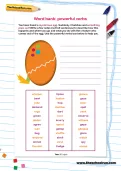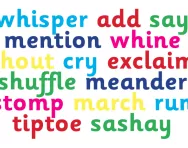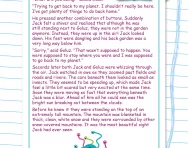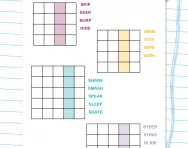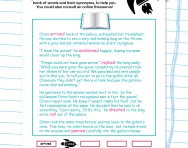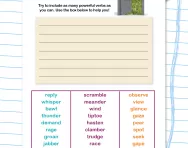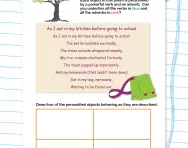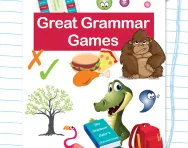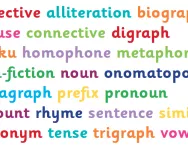Important update from TheSchoolRun
For the past 13 years, TheSchoolRun has been run by a small team of mums working from home, dedicated to providing quality educational resources to primary school parents. Unfortunately, rising supplier costs and falling revenue have made it impossible for us to continue operating, and we’ve had to make the difficult decision to close. The good news: We’ve arranged for another educational provider to take over many of our resources. These will be hosted on a new portal, where the content will be updated and expanded to support your child’s learning.
What this means for subscribers:
- Your subscription is still active, and for now, you can keep using the website as normal — just log in with your usual details to access all our articles and resources*.
- In a few months, all resources will move to the new portal. You’ll continue to have access there until your subscription ends. We’ll send you full details nearer the time.
- As a thank you for your support, we’ll also be sending you 16 primary school eBooks (worth £108.84) to download and keep.
A few changes to be aware of:
- The Learning Journey weekly email has ended, but your child’s plan will still be updated on your dashboard each Monday. Just log in to see the recommended worksheets.
- The 11+ weekly emails have now ended. We sent you all the remaining emails in the series at the end of March — please check your inbox (and spam folder) if you haven’t seen them. You can also follow the full programme here: 11+ Learning Journey.
If you have any questions, please contact us at [email protected]. Thank you for being part of our journey it’s been a privilege to support your family’s learning.
*If you need to reset your password, it will still work as usual. Please check your spam folder if the reset email doesn’t appear in your inbox.
Word bank: powerful verbs
You have found a mysterious egg. Suddenly it hatches and something pops out! Write a few notes (not full sentences) to describe how this happens and where you go and what you do with the creature who comes out of the egg. Use the powerful verbs box below to help you.
What is a KS2 word bank?
Word banks are simply lists of words designed to help children with their writing. These lists can change depending on your child's age and the specific writing task they're working on.
As children enter Key Stage 2, they’re encouraged to use more expressive verbs and adverbs in their writing. Some assignments include word banks to help spark creativity and enrich their vocabulary.
Teachers sometimes encourage children to create word banks on classroom walls. These might include lists of adjectives, powerful verbs, or adverbs that students can see every day. Kids are often invited to add words they come up with or discover, making the display a group project where everyone can contribute and share interesting words.
What does a KS2 word bank look like?
KS2 word banks are often displayed in boxes or grids, or can be presented as word charts in the classroom or as simple lists in exercise books.
Here’s an example of a KS2 word bank:
Powerful verbs:
- Sprint
- Whisper
- Gaze
- Devour
- Leap
Adjectives:
- Magnificent
- Murky
- Fragrant
- Shiny
- Trembling
Adverbs:
- Swiftly
- Silently
- Eagerly
- Cautiously
- Boldly
How will this powerful verbs word bank help your KS2 child?
This powerful verbs word bank was designed for KS2 children by an experienced educator with the purpose of improving your child's creative writing skills. Your child is given a creative writing prompt about a mysterious egg and they will need to use the word bank provided to select powerful verbs to use in their story.
For more help and support with primary-school English, visit our hub page, or try a new activity such as our Year 3 English Challenge Pack!
